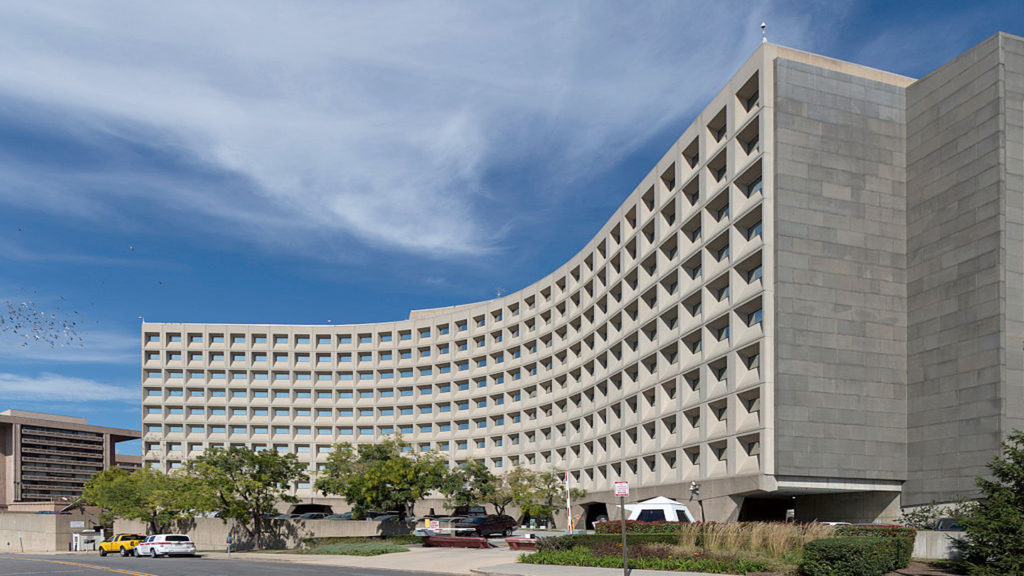
President Biden’s $73.3 billion budget request to address affordable housing in 2024 is “strong” overall but presents a “mixed bag” for senior housing, according to LeadingAge.
The White House released its FY 2024 budget summary on March 9, followed by program and funding deals on Monday. Overall, the administration is seeking $73.3 billion for the Department of Housing and Urban Development, $1.1 billion more than the 2023 enacted funding level. The budget request seeks to increase funding for affordable housing programs, including new Section 202 Supportive Housing for the Elderly homes.
What sets the HUD budget request apart from those made in previous years is a new funding mechanism that maintains part of HUD’s budget as discretionary funding but also creates a $104 billion mandatory spending proposal, according to Juliana Bilowich, LeadingAge director of housing operations and policy.
During a LeadingAge membership call on Monday, Bilowich called the move “the first step” toward establishing an entitlement to housing subsidy similar to Medicaid or Supplemental Nutrition Assistance Program benefits. Doing so, she said, would allow anyone who meets eligibility rules the right to enroll, compared with the reality now where the majority of households eligible for funding remain unassisted.
Section 202 funding takes a hit
The HUD budget proposal includes levels of discretionary funding high enough to renew all existing Section 202 contracts and service coordinator grants, Bilowich said, but the Section 202 request of $1.023 billion is slightly less than 2023’s enacted funding of $1.075 billion and comes as demand by older adults for affordable housing is increasing.
The administration also renewed a request made last year to use an operating cost adjustment factor for annual Section 202 / project rental assistance contract, or PRAC, contract adjustments. HUD said this change would streamline the Section 202 rent adjustment process and reduce administrative burdens on property owners and HUD program staff, according to LeadingAge.
For new Section 202 homes, HUD also is renewing its request to enter into Section 8 project-based rental assistance housing assistance payment contracts in lieu of PRACs. According to LeadingAge, this approach would provide nonprofit developers with access to debt and equity financing and would reduce their reliance on direct capital advance funds.
The budget request also seeks three rental assistance demonstration, or RAD, items within the Section 202 program. The intent is to expand RAD to include senior PRACs, convert Section 202 PRAC properties to support more sustainable long-term operations, and use the Participating Administrative Entities program to conduct capital needs assessments and environmental reports to help owners with due diligence.
The budget request also asks that PBRA renewals be fully funded. PBRA renewals provide the operating subsidy for two-thirds of the nation’s Section 202 communities.
In addition, the administration is asking for $31 million in new funding to support budget-based rent adjustments at PBRA properties serving older adults. The funds would cover the cost of service coordinators to help affordable senior housing residents age healthfully.




